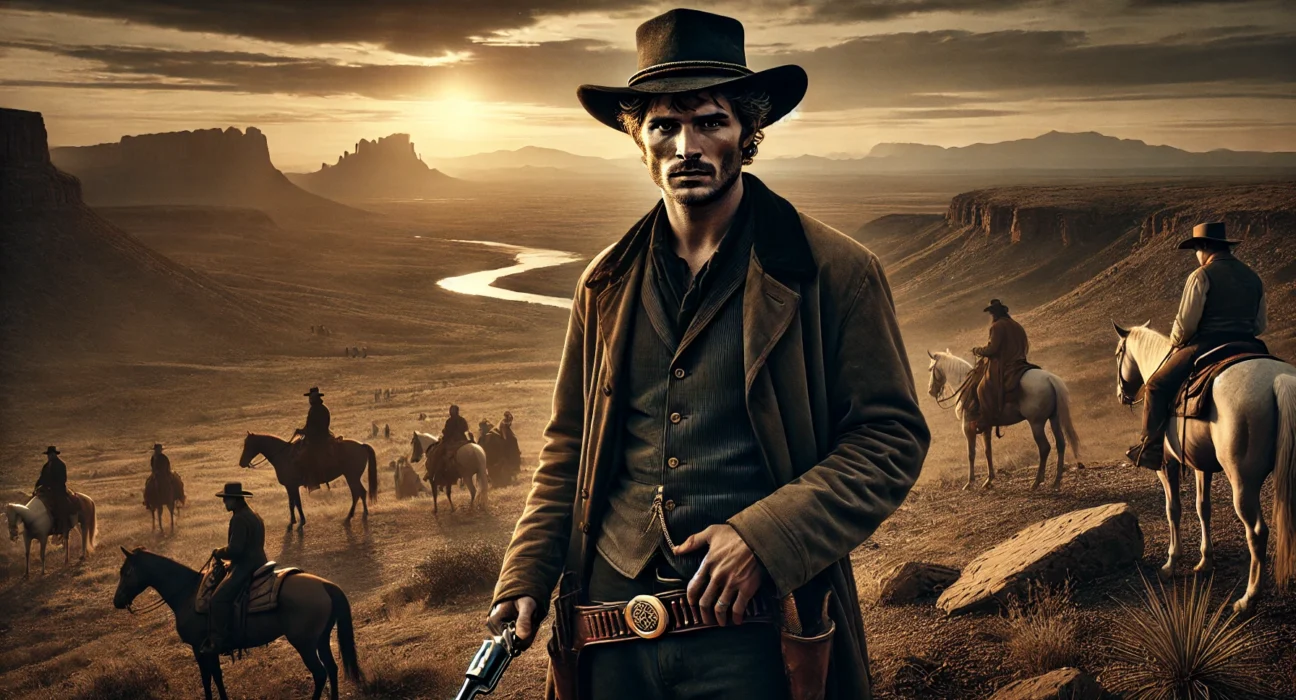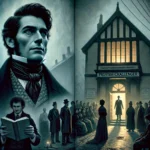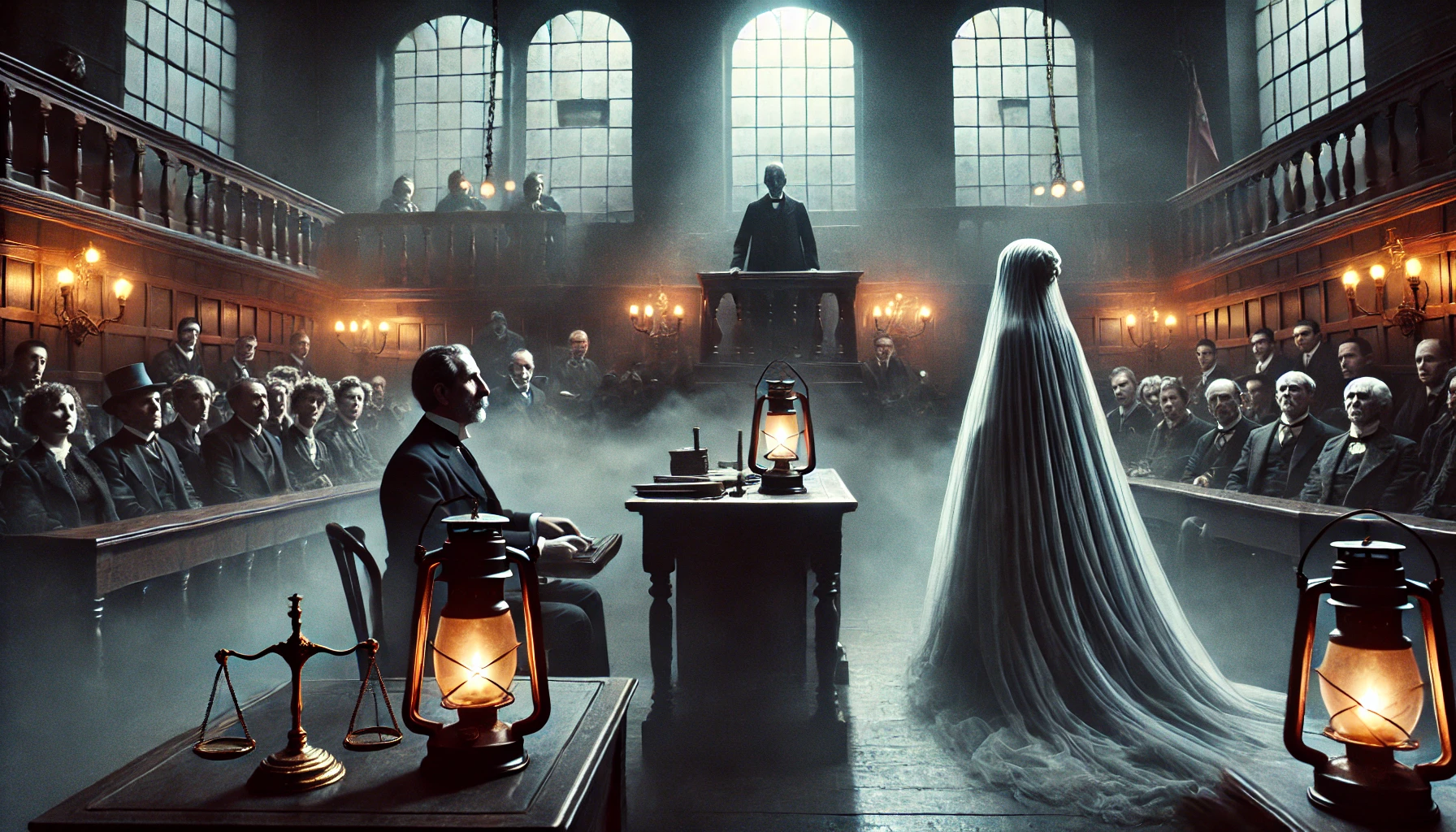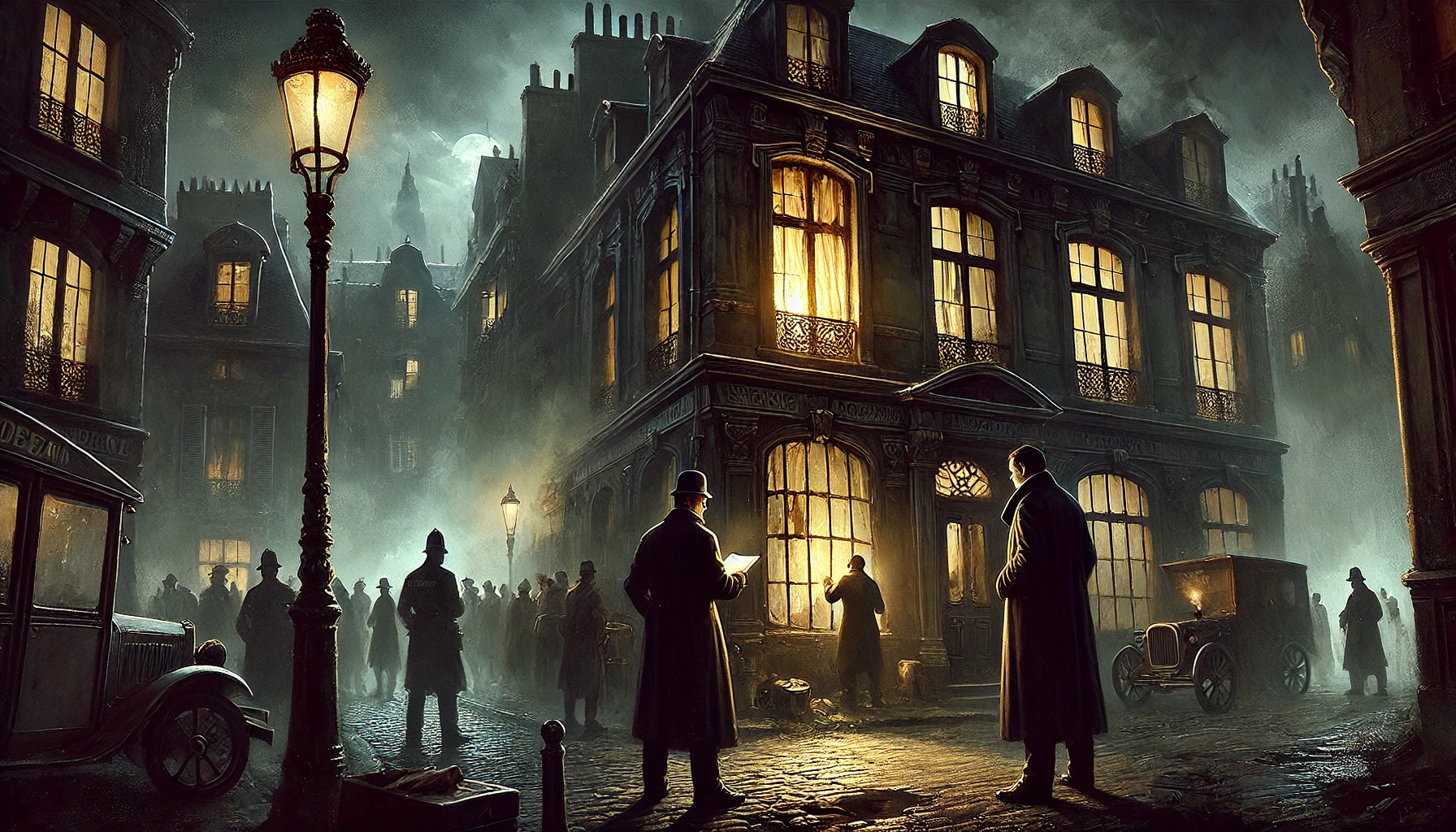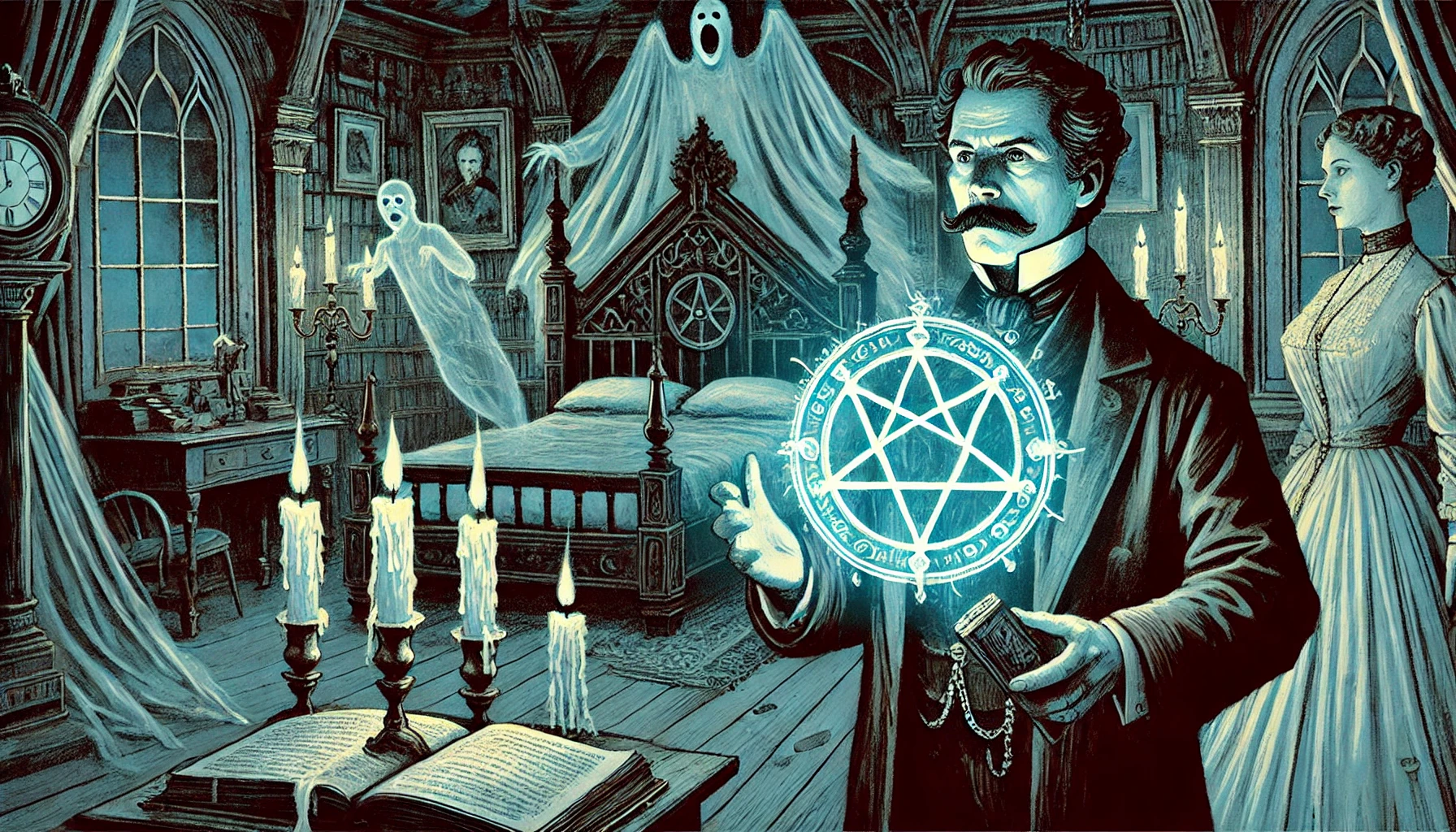The Lone Star Ranger is a classic Western novel by Zane Grey, an American author known for his vivid depictions of the Old West. Published in 1915, the book explores the journey of Buck Duane, a young Texan who becomes an outlaw after a fateful encounter forces him into a life on the run. Through Duane’s eyes, Grey offers a deep dive into the harsh landscapes, moral dilemmas, and turbulent lives of Texas outlaws, showcasing his skill at capturing the spirit of the rugged frontier and its characters.
Plot Summary
Buck Duane’s story begins in Texas, where the legacy of his gunslinging father casts a long, dark shadow. Duane is young, burdened by an intense nature that he can scarcely control, an inheritance of fiery blood and a steady hand with a gun. His family and friends know him as a man of strength and potential, but they also know the risks that temperament brings. One day, a man named Cal Bain arrives in town, drunk and spoiling for a fight. Bain bears an old grudge against Duane, taunting him publicly. In a flash, Duane finds himself locked in a showdown that ends with Bain’s death, a fateful moment that marks him as an outlaw.
As his neighbors turn wary eyes upon him, Duane has little choice but to flee. His uncle prepares a horse and supplies, offering words of warning and hope, though he knows Duane may never return. With a heavy heart, Buck Duane rides into the wild, leaving behind his family and the life he knew. Now a fugitive, he ventures toward the Rio Grande, a borderland known for harboring criminals, loners, and men who live beyond the law.
In the desolate plains, Duane encounters an outlaw named Luke Stevens, a wiry, talkative man who recognizes him instantly. Together, they ride through the harsh Texas landscape, each man knowing that the company of a friend is rare on the outlaw trail. Luke, however, is mortally wounded in an ambush by a rancher with an old grudge. Duane tends to Stevens, and as the man fades, they share a bond born of misfortune. When Stevens finally dies, Duane buries him in a shallow grave and pushes on, alone.
Through days of travel and long nights of uneasy sleep, Duane’s spirit sinks. Memories of Bain’s death haunt him, as if the slain man’s ghost lingers on the plains. Duane feels the weight of his actions; though he knows he killed in self-defense, he cannot deny the streak of violence that flared in him that day, mirroring his father’s own past. Every encounter with other men reminds him that he, too, is seen as one who kills, a man quick on the draw.
Eventually, Duane reaches a hidden valley by the Rio Grande, a well-watered place dotted with trees and cottonwoods, where he stumbles upon a settlement of outlaws under the rule of a powerful man named Bland. Hardened and cautious, Bland controls the valley, maintaining an uneasy order among its occupants. Duane’s arrival creates a stir among Bland’s men, who have heard tales of Buck Duane’s name and reputation, and their leader sees in him a useful ally, though Duane has no desire to join this gang. His instinct for survival and his stoic demeanor make Bland uneasy; he respects Duane but distrusts the younger man’s independence and resolve.
Duane encounters another man, Euchre, an older outlaw with a quiet, weary nature who has survived for years in Bland’s camp. Euchre takes Duane under his wing, sensing the potential for friendship in the younger man, and warns him of Bland’s brutal nature. Duane learns that Bland’s power comes from his ability to enforce loyalty through intimidation and violence. Women are part of his “holdings,” and he keeps them in miserable servitude, using them to tighten his grip on the men around him. Among them is Jennie, a girl forced into Bland’s service, whose gentle spirit moves Duane deeply. Though his life as an outlaw hardens him, Duane’s sense of justice flares upon meeting her, and he vows silently to help her escape, despite the danger it would mean for him.
As the days pass, Duane’s desire to leave grows. Yet leaving means risking his life, for Bland’s men guard the valley, suspicious of any who might betray their secrets. With Euchre’s help, Duane hatches a plan to rescue Jennie, hoping to free her from Bland’s grip and redeem his own spirit. But Bland’s men are wary, and Duane knows he must bide his time, waiting for the right moment.
One night, Bland and his men head out on a raid, leaving only a few guards behind. Seizing the chance, Duane and Euchre slip through the shadows, reaching Jennie’s quarters and urging her to flee with them. Jennie is terrified but finds strength in Duane’s quiet assurance. With Euchre’s guidance, they take a hidden trail out of the valley, leaving behind the darkness of Bland’s world.
The journey is fraught with risk, each step bringing them closer to freedom—and potential death. Duane senses Bland’s men may pursue them, but he remains vigilant, ready to protect Jennie at any cost. As they travel, Duane finds himself drawn to Jennie’s kindness, her trust an antidote to the bitterness he has carried. For her, he fights the urge to abandon his outlaw’s path and instead takes her safety as his purpose.
Finally, Duane and Jennie reach safety in the town of Fairdale, a place where Texas Rangers hold authority. Knowing that Jennie is secure, Duane feels a flicker of peace, but his fate remains uncertain. In Fairdale, he meets a Ranger captain who recognizes his name and offers him a rare chance for redemption: the chance to work undercover for the Rangers to capture outlaws like Bland and protect the innocent caught in their crossfire. Though it means risking his life further, Duane accepts, seeing in the offer a possibility for his own salvation.
Over the following months, Duane earns a reputation among the Rangers, using his skills to capture dangerous men and carve out a new path as a secret enforcer of justice. His past deeds haunt him, but each encounter, each outlaw brought to justice, adds to his hope of a final peace. Buck Duane’s journey from hunted fugitive to a man seeking redemption brings him full circle; he has embraced the wilderness but not the darkness within it, seeking in his struggles a path to absolution, even as he walks the line between outlaw and lawman.
Main Characters
- Buck Duane: A 23-year-old, haunted by a violent family legacy. Duane inherits a fierce nature from his father, a renowned gunslinger, which leads him into conflicts that shape his life as an outlaw. Over time, he grapples with his identity, the violence in his blood, and the ethical weight of his actions.
- Cal Bain: A cowboy with a vendetta against Duane. Bain’s antagonism triggers the sequence of events that pushes Duane into a life of crime. Bain’s rivalry with Duane reflects the tensions and quick tempers of Texas gun culture.
- Uncle Jim: Duane’s uncle, a fatherly figure who tries to steer Duane away from violence. His warnings and practical advice set the moral groundwork for Duane’s journey, reminding him of the consequences of embracing an outlaw’s life.
- Luke Stevens: An amiable yet fatalistic outlaw whom Duane encounters on the road. Stevens’ acceptance of his fate and camaraderie with Duane reflect the bonds and codes of honor that exist among even the most hardened outlaws.
Theme
- Violence and Legacy: The novel explores how Buck Duane’s family legacy of violence shapes his fate, leaving him conflicted between self-preservation and the desire for redemption. Grey examines the hereditary nature of aggression, portraying Duane’s journey as a battle against his own bloodline.
- Morality and Redemption: Duane’s journey from a vengeful gunslinger to a man seeking redemption offers a rich exploration of morality in a lawless world. Grey delves into the complexities of moral decision-making amid violence and crime, suggesting that personal honor can survive even in an outlaw’s heart.
- Isolation and Brotherhood: As an outlaw, Duane faces profound isolation, cut off from family and friends. However, he finds brotherhood among other outcasts, highlighting the solidarity and loyalty that form in shared hardship. This theme reinforces the novel’s sense of camaraderie amid desperation.
- Law and Justice: Through Duane’s interactions with Texas Rangers and outlaws, Grey explores the tenuous balance of justice in the frontier. The novel raises questions about true justice, contrasting the Rangers’ sense of duty with the outlaws’ code.
Writing Style and Tone
Zane Grey’s prose is marked by lush, vivid descriptions of Texas’s harsh yet alluring landscapes, establishing a stark, almost poetic atmosphere that mirrors the emotional conflicts within his characters. Grey writes with a cinematic quality, using rich imagery to capture the West’s untamed beauty and danger. His choice of words brings alive the Texas plains, desolate roads, and ramshackle towns, creating a backdrop that is almost a character in its own right, with its own challenges and moods.
The tone of The Lone Star Ranger is one of moral ambiguity, blending admiration for the independence and ruggedness of the outlaws with a sober awareness of their flaws and inner turmoil. Grey balances the story’s action with introspective moments that reveal Duane’s thoughts and emotions. The style is reflective yet dynamic, allowing readers to feel both the suspense of Duane’s encounters and the weight of his ethical dilemmas.
We hope this summary has sparked your interest and would appreciate you following Celsius 233 on social media:
There’s a treasure trove of other fascinating book summaries waiting for you. Check out our collection of stories that inspire, thrill, and provoke thought, just like this one by checking out the Book Shelf or the Library
Remember, while our summaries capture the essence, they can never replace the full experience of reading the book. If this summary intrigued you, consider diving into the complete story – buy the book and immerse yourself in the author’s original work.
If you want to request a book summary, click here.
When Saurabh is not working/watching football/reading books/traveling, you can reach him via Twitter/X, LinkedIn, or Threads
Restart reading!


